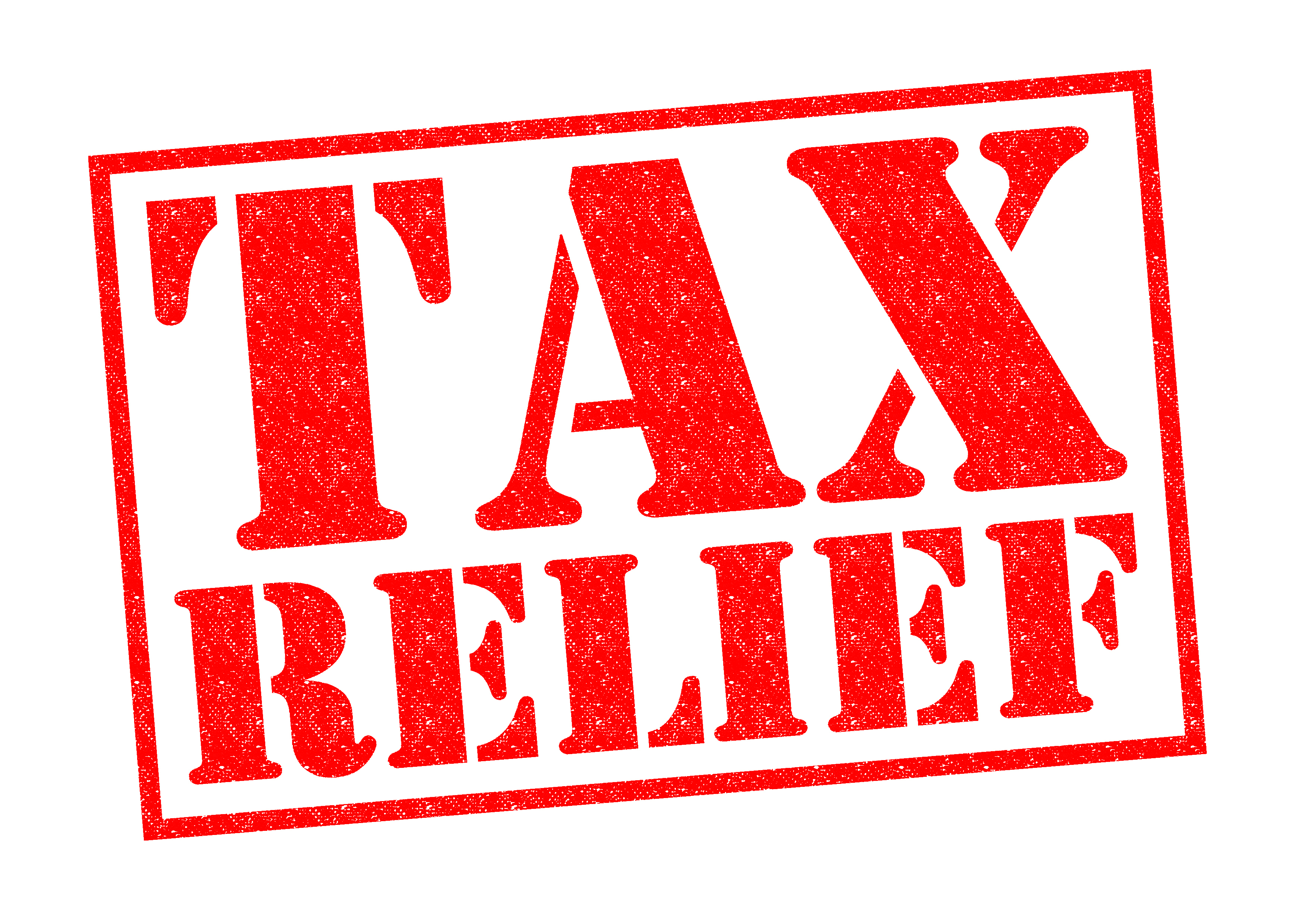First-time Buyer
How buy-to-let tax hikes could ease strain on first-time buyers

One of the biggest changes surrounding the housing market to come out of this month’s emergency summer Budget was the news that tax relief for landlords on their mortgage interest payments is to be cut.
From April 2017 the government will begin to phase out the higher rate tax relief gradually over a period of four years. Those who have a buy-to-let property will no longer to able to claim 45% tax relief on their monthly payments, instead they will only be able to claim the basic rate of 20%.
How will the changes help?
Just like many subjects that were highlighted in the Budget, opinion on the announcement of the buy-to-let changes was certainly divided. However, it could be great news for first-time buyers as the reforms should open up the market. At the moment, those looking to enter the property market are struggling against the rising problem of demand outstripping supply. As there are more people looking for homes than there are houses being built, this in turn results in sky-high house prices that first-time buyers cannot afford.
Under the current system, those looking to buy to let have an unfair advantage over first-time buyers because of the high rate of tax relief. Typically those who use buy-to-let are people who have extra cash that they are looking to invest. The 45% relief on mortgage payments is a good incentive on top of the extra income they would earn through rent. On the other hand, first-time buyers often find themselves saving up for a deposit that can often take months or even years, only to struggle to find a house they can afford. However, the cut in tax relief will give first-time buyers more opportunity to snap up properties in their price range by making them a less attractive option for landlords.
Fledgling buyers will be able to benefit from an increased supply of houses in the lower end of the market giving them the perfect place to start climbing up the property ladder as well as the possibility of lower house prices as supply and demand start to align themselves.
Although the changes won’t be introduced for another year and a half, it was refreshing to see an announcement in the Budget that could help those looking to buy their own home achieve their dreams. As the changes are slowly rolled out through the Conservative Parliament we should see improvements happen over time that should not only benefit first-time buyers, but the property market as a whole.
David Ingram is the founder of Mylocalmortgage.co.uk
[article_related_posts]